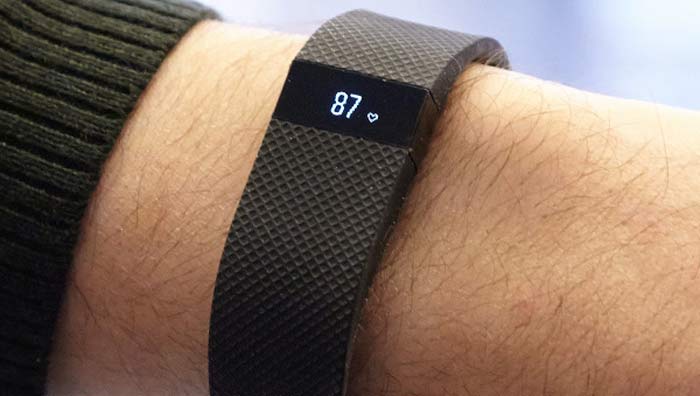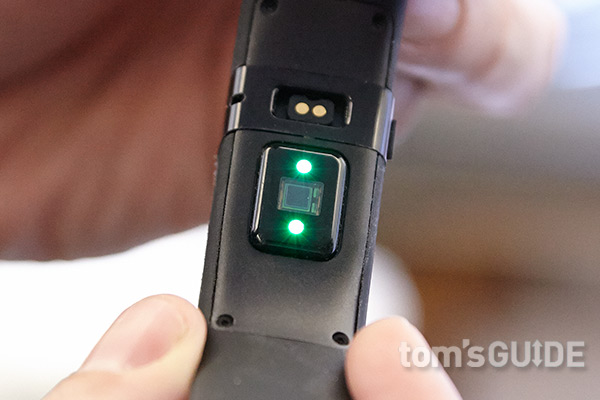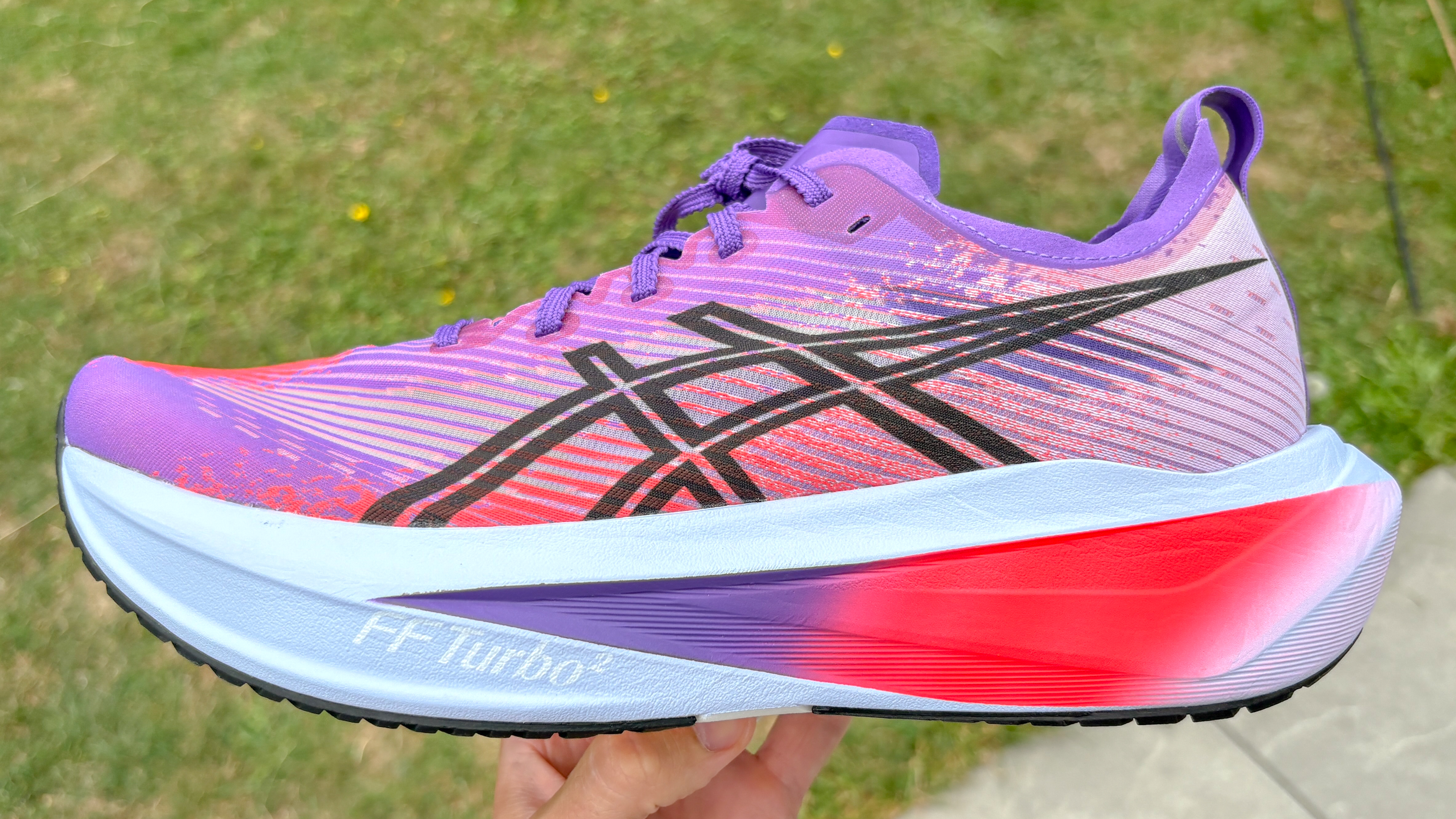Can You Trust Fitbit's Heart Rate Monitors?
New research shows that Fitbit devices miscalculate heart rates by as much as 20 beats per minute, but the fitness tracker leader says the study is biased.

New research shows that Fitbit devices have disturbingly inaccurate heart rate monitors, but the leader in fitness tracker devices says that the study is biased.
Researchers from California State Polytechnic University, Pomona, compared the heart rates of 43 adults wearing both a Fitbit as well as a bioharness connected to an electrocardiogram machine. They found that the Fitbit Surge and the Charge HR could be as off by as much as 20 bpm.
The study was commissioned by Lieff, Carbraser, Heimann, and Bernstein, the law firm behind a class-action suit against Fitbit that alleges that the heart rate monitors in the Charge HR, Surge, and Blaze are inaccurate, and could pose a health hazard for those who rely on it for precise heart rate measurements.
Updated on 3/24: We've added comments from both Fitbit and the law firm representing the plaintiffs in this case.

The Fitbit Charge HR and Surge were tested on 21 women and 22 men, who wore the device while resting (seated and standing), jogging on a treadmill, jumping rope, and climbing stairs. Researchers found that the Fitbits became less accurate during more strenuous activities.
MORE: Best Fitness Trackers for Running, Swimming and Training
Fitbit, in response, sent us this comment:
Get instant access to breaking news, the hottest reviews, great deals and helpful tips.
“What the plaintiffs’ attorneys call a “study” is biased, baseless, and nothing more than an attempt to extract a payout from Fitbit. It lacks scientific rigor and is the product of flawed methodology. It was paid for by plaintiffs’ lawyers who are suing Fitbit, and was conducted with a consumer-grade electrocardiogram – not a true clinical device, as implied by the plaintiffs’ lawyers. Furthermore, there is no evidence the device used in the purported “study” was tested for accuracy.
Fitbit’s research team rigorously researched and developed the PurePulse technology for three years prior to introducing it to market and continues to conduct extensive internal studies to test the features of our products. Fitbit Charge HR is the #1 selling fitness tracker on the market, and is embraced by millions of consumers around the globe.
Consumer Reports independently tested the heart rate accuracy of the Charge HR and Surge after the initial lawsuit was filed in January and gave both products an “excellent” rating. We stand behind our heart-rate monitoring technology and all our products, and continue to believe the plaintiffs’ allegations do not have any merit. We are vigorously defending against these claims, and will resist any attempts by the plaintiffs’ lawyers to leverage a settlement with misleading tactics and false claims of scientific evidence.”
For our part, we've found the Fitbit Charge HR to be as accurate as a chest strap heart rate monitor, and will continue our testing to further verify these results.
(5/24/16): After posting our article, Jonathan Selbin, one of the attorneys from the law firm that commissioned the study, emailed us a response. In it, they state that the researchers—"two leading academic kinesiologists"—have performed similar studies on many occasions. "The notion that they would somehow design a faulty study or alter results and thereby put their academic reputation in jeopardy is absurd," Selbin wrote.
Selbin challenged Fitbit's assertion that the Zephyr BioHarness (the "consumer-grade electrocardiogram"), which was used as a control in the study, was not tested for accuracy. As quoted in the study, "The BioHarness has been previously validated with high agreement to 12-lead and 3-lead ECG [electrocardiogram]."
Selbin also said that the Consumer Reports test ["two people walking on a treadmill wearing a Fitbit"] "is about as non-academic a study as imaginable."
This isn't the last we've heard of the accuracy of Fitbit's devices. Tom's Guide readers, what have your experiences been when it comes to Fitbit's heart rate monitors? Have they measured your heart rate accurately?
More From Tom's Guide

Michael A. Prospero is the U.S. Editor-in-Chief for Tom’s Guide. He oversees all evergreen content and oversees the Homes, Smart Home, and Fitness/Wearables categories for the site. In his spare time, he also tests out the latest drones, electric scooters, and smart home gadgets, such as video doorbells. Before his tenure at Tom's Guide, he was the Reviews Editor for Laptop Magazine, a reporter at Fast Company, the Times of Trenton, and, many eons back, an intern at George magazine. He received his undergraduate degree from Boston College, where he worked on the campus newspaper The Heights, and then attended the Columbia University school of Journalism. When he’s not testing out the latest running watch, electric scooter, or skiing or training for a marathon, he’s probably using the latest sous vide machine, smoker, or pizza oven, to the delight — or chagrin — of his family.
